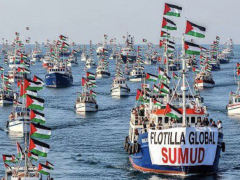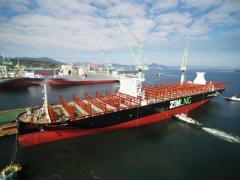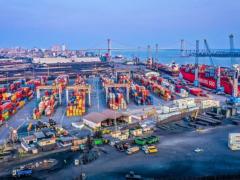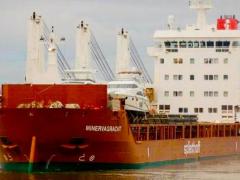Defining project cargo in South Africa seems to be as challenging and complex as transporting it. Project cargo is especially large or bulky cargo that cannot be transported in a container, says one importer. No, said another when asked by FTW, it is the term that refers to the transportation of over-sized materials and equipment which are critical components of large-scale infrastructure projects. Dave Logan, CEO of the South African Association of Freight Forwarders, says there is no doubt that people view project cargo very differently. “My definition of true project cargo is freight or cargo that is shipped for a specific project ie, a new mine, power station, hotel or refinery, or major additions or renovations to these. “It is usually managed by a specialist freight management company or specialist department that only manages project cargo (as opposed to general cargo), and is usually managed from source and original indent(s) right through to the final delivery site. Shipments are often multimodal (and often abnormal breakbulk freight), time sensitive, and are closely managed and reported on, possibly using a project management software tool.” Wikipedia on the other hand defines it as the transportation, handling and installation of heavy items which are indivisible, and of weights generally accepted to be in the range of 1 ton to over 1000 tons and of widths/heights of more than 100 meters that are too large to fit into normal containers or onto conventional transporters. From an insurer’s point of view project cargo is not always a large load. “They are often oversize and overweight, but we have had instances where we have insured project cargo that was packed in containers,” says Mike Brews, chief operating officer of Associated Marine. Sunil Kalu, business development manager of Africa Project Logistics, a company within the ICM group of companies, agrees saying project cargo is not defined by size but rather that it is specific types of components that are crucial to the building of a plant.












